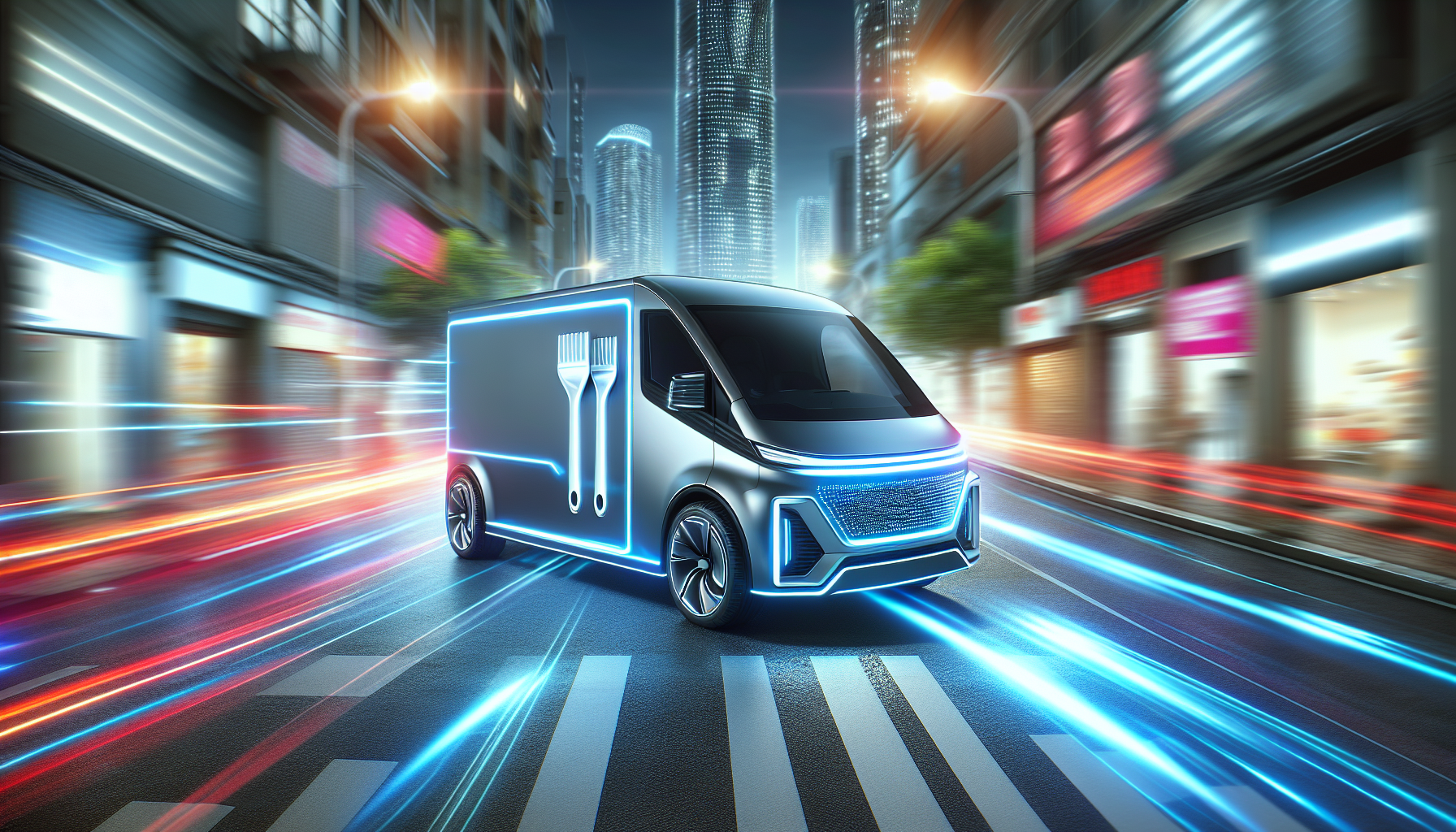In an increasingly digital world, courier services have evolved significantly, embracing modern technology to meet the demands of businesses and consumers alike. The integration of cutting-edge technology into courier operations has enhanced efficiency, reliability, and customer satisfaction, transforming the industry into a pivotal component of global commerce.
One of the most significant technological advancements in courier services is automation. Automated sorting and handling systems in warehouses streamline the sorting process, dramatically reducing human error and processing time. This advancement ensures that parcels are routed accurately and swiftly, leading to faster deliveries and more satisfied customers.
Blockchain technology also holds tremendous promise for the courier industry, offering enhanced transparency and security. By providing an immutable ledger for tracking shipments, both businesses and consumers can access real-time updates about their parcels’ locations and statuses. This heightened transparency helps build trust, minimizes the risk of fraud, and improves overall supply chain accountability.
Drones and autonomous vehicles are set to revolutionize last-mile delivery—often the most challenging and costly part of the supply chain. Companies are already experimenting with drone deliveries in areas where traditional delivery vehicles struggle, such as remote or congested urban locations. These technologies promise faster deliveries while reducing the environmental impact associated with conventional delivery vans.
IoT (Internet of Things) technology is another transformative force within courier services. IoT devices embedded in delivery vehicles and parcels provide real-time data on factors such as temperature, humidity, and location. This data is crucial for transporting sensitive goods like pharmaceuticals or perishable food items, ensuring they reach their destination in optimal condition.
Artificial intelligence (AI) and machine learning algorithms are improving operational efficiency and decision-making in courier services. AI can predict delays and optimize delivery routes, reducing transit times and fuel consumption. Moreover, intelligent chatbots enhance customer service by quickly addressing queries and providing updates on shipment statuses without human intervention.
The integration of advanced analytics allows courier companies to process vast amounts of data to gain insights into consumer behavior and preferences. By understanding these patterns, companies can offer personalized experiences, optimizing delivery schedules and ensuring that customers receive their packages at the most convenient times.
Contactless delivery options have gained popularity during the COVID-19 pandemic, ensuring the safety of both delivery personnel and consumers. Innovative solutions like parcel lockers and mobile apps for digital signatures are making it possible to maintain social distancing while ensuring parcel security and timely deliveries.
The utilization of cloud computing enables companies to manage operations more efficiently, reducing costs and improving scalability. By storing data in the cloud, courier companies can ensure seamless coordination across various branches and regions, fostering better communication and collaboration.
As courier services continue to embrace modern technology, the industry is poised for significant growth and evolution. Challenges remain, such as regulatory hurdles for drones and data privacy concerns associated with IoT and blockchain technology. However, the ongoing development and adoption of these innovations ensure a future where courier services are faster, smarter, and more sustainable, thereby meeting and even exceeding the expectations of businesses and consumers alike.
In conclusion, the integration of modern technology into courier services is reshaping the industry, making it more efficient and reliable. As we look towards the future, continuous technological advancements promise further enhancements, paving the way for an era of convenience and satisfaction in parcel delivery.
